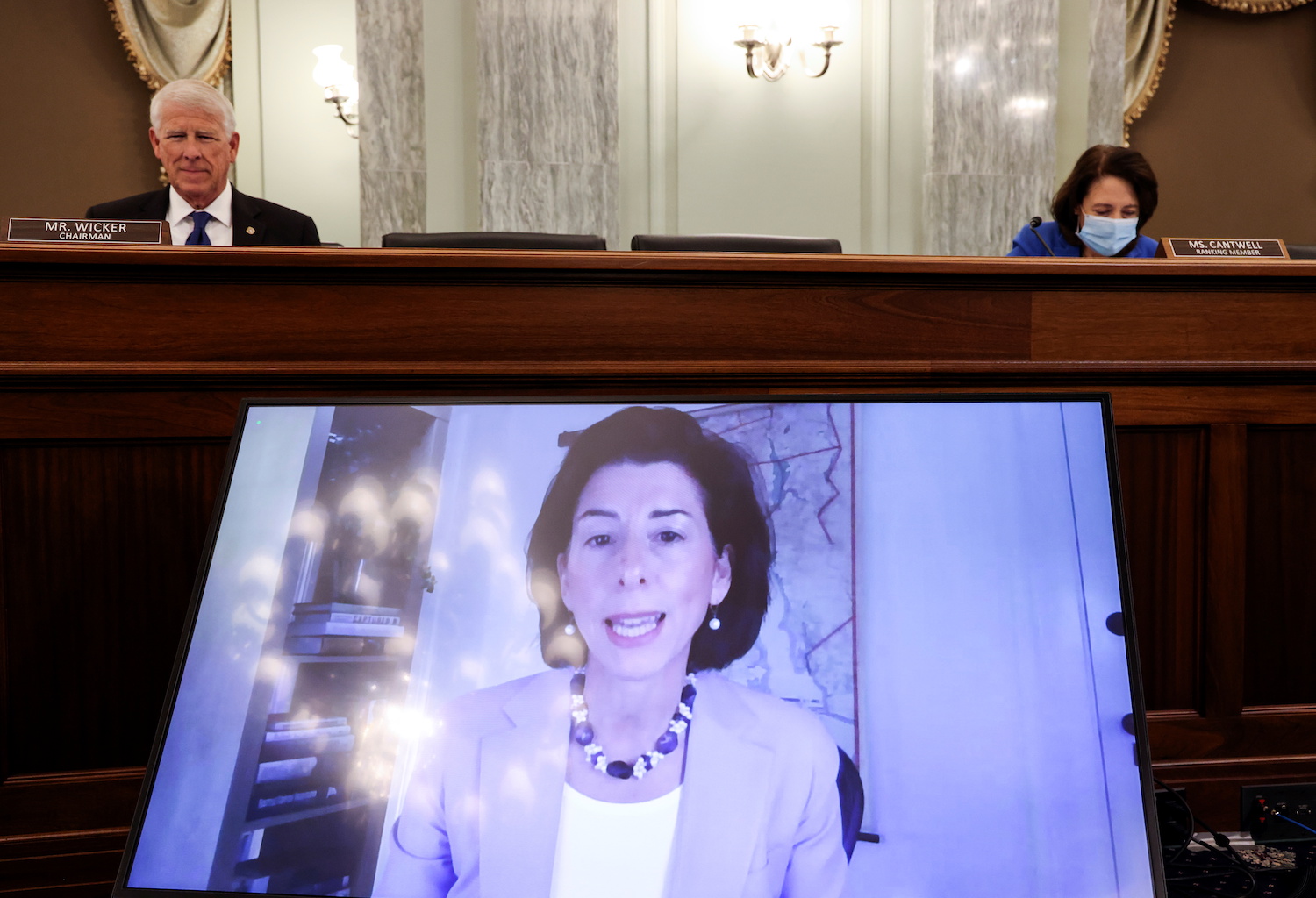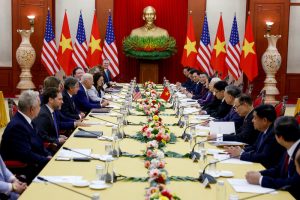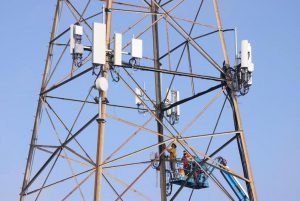(ATF) President Biden’s nominee as Commerce Secretary pledged to protect US telecom networks from Chinese companies, including Huawei and ZTE, in her Senate confirmation hearing on Tuesday January 26.
“We need to invest in innovation and technology in our manufacturing sector and take aggressive trade enforcement actions to combat unfair trade practices from China and other nations that undercut American manufacturing,” said Gina Raimondo, a former venture capital executive who was most recently governor of Rhode Island, in her prepared testimony to the Senate.
She went further in comments responding to questions about her stance towards the Chinese companies that were subject to extensive sanctions by the Trump administration.
“I would use the full toolkit at my disposal to the fullest extent possible to protect Americans and our network from Chinese interference or any kind of back-door influence – and that’s Huawei, ZTE, or any other company,” Raimondo said.
Congress in December approved $1.9 billion to fund the replacement of Huawei and ZTE equipment in US networks.
Raimondo also pledged to take action on trade practices from China. “China’s actions have been anti-competitive,” she said, adding that she would work to “level the playing field.”
The Commerce Department under Trump and his Commerce Secretary Wilbur Ross took aim at China on numerous fronts, adding dozens of Chinese companies to a trade blacklist, including Huawei, the country’s top chipmaker SMIC, Hikvision and drone manufacturer SZ DJI Technology.
Asked if she would keep Huawei on the economic blacklist, Raimondo said that if confirmed she would “review the policy, consult with you, consult with industry, consult with our allies and make an assessment as to what’s best for American national and economic security.”
Once confirmed, Raimondo will also inherit the Trump administration’s unsuccessful effort to stop US app stores from offering Chinese-owned TikTok and WeChat for download.
TikTok, WeChat orders still before courts
Three judges blocked Commerce Department orders issued under Trump that tried to bar new downloads of the two apps and impose restrictions on WeChat and TikTok that would effectively bar their use in the United States. Those rulings are on appeal before US circuit courts.
ByteDance has been in talks for months to close a deal with Walmart and Oracle to shift TikTok’s US assets into a new entity to address security concerns.
Biden’s cabinet nominees – including Secretary of State Antony Blinken, who was confirmed in his position today, as well as Treasury Secretary Janet Yellen, and now Raimondo – have been keen to maintain bargaining power and deflect attacks from Republicans by avoiding seeming conciliatory towards China.
But there is pressure from business interests to reverse some of the harsher anti-China steps taken by the Trump administration.
SEMI, which represents semiconductor equipment makers and device manufacturers, said yesterday that the prior administration’s unilateral rules had made any potential benefit likely to be less effective over time, unnecessarily hurt American industry, and left US exporters vulnerable to retaliation.
In a letter to Raimondo, SEMI president Ajit Manocha said the United States should coordinate with allies whose companies compete in the global market.
“Multilateral controls – where items of concern are controlled by all major producing nations – create a level playing field, maximize effectiveness, and minimize harm to US national security and economic competitiveness,” Manocha said in the letter.
Foreign competitors are marketing goods as “free from US export controls,” he noted.
The letter criticizes the Trump administration for implementing rules with little public input and no overarching policy, and said the “highly unusual process” resulted in unintended consequences.
It urged Raimondo to correct an August rule that expanded US authority over foreign company sales to China’s Huawei, which unintentionally affected some foreign-made semiconductor production and test equipment.
It also asked the Biden administration to reduce the backlog of licence applications, saying delays are de facto denials.
The letter said rules that restricted sales to over 100 entities the United States linked to the Chinese military went into effect without industry comment. The tech group suggested the United States work with allies to develop common objectives for restricting semiconductor technology to China.
























